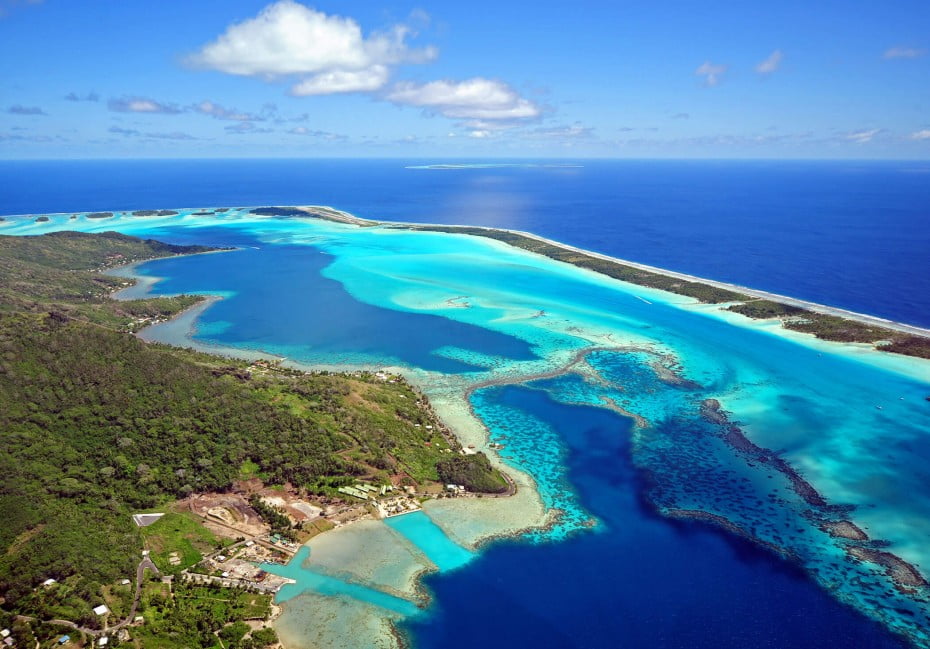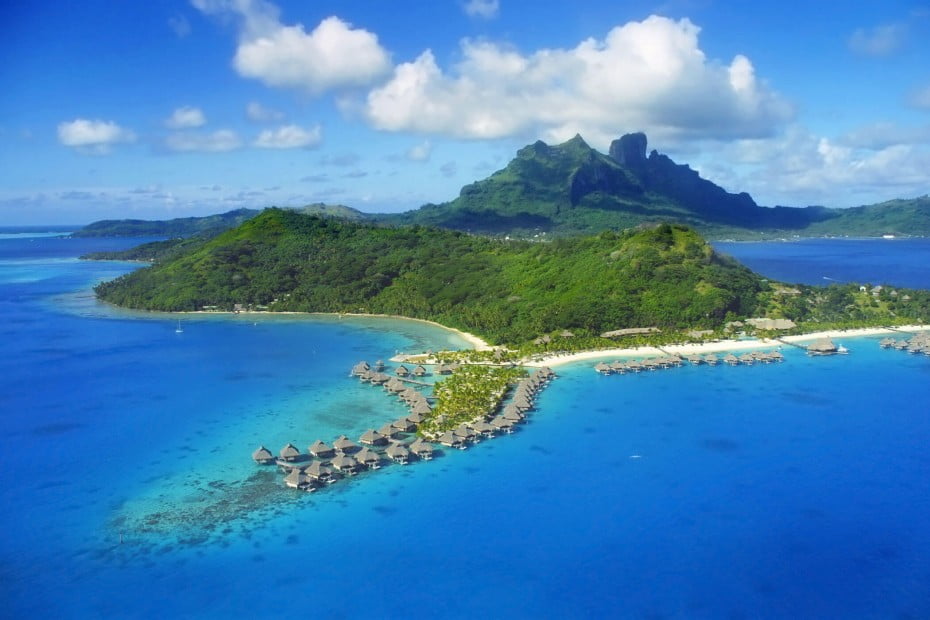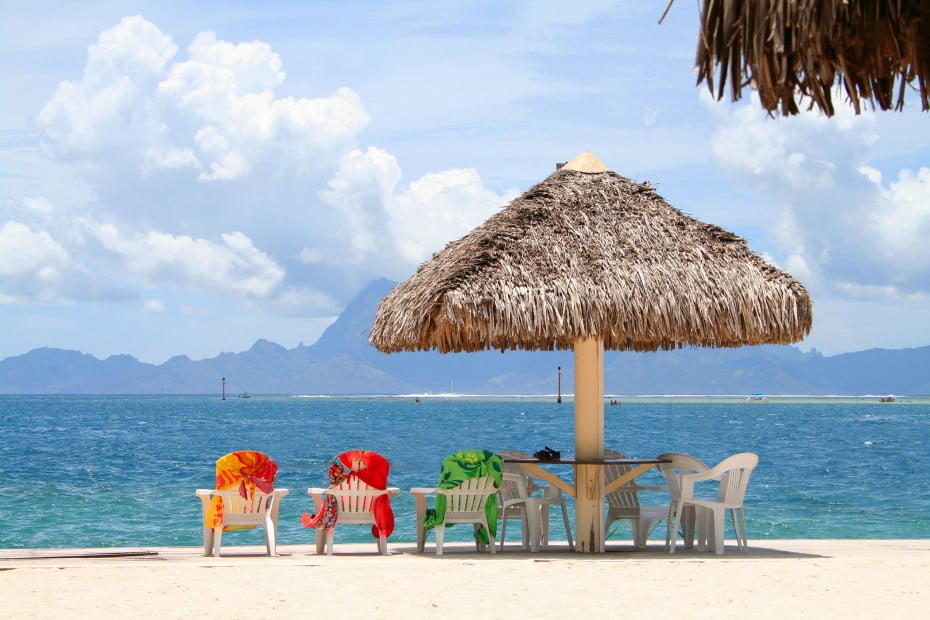Tahiti
Captains Cook and Bligh lingered long here and it's easy to see why. Artists from Gauguin onwards have been inexorably drawn to these spectacular tropical isles. Modern-day travellers have not been slow to follow in their footsteps.

So what exactly is the appeal? Let's take a closer look at the 118 islands of French Polynesia and see if we can single out their star attractions.
A good place to start is the overwater bungalow. Representing the ultimate in luxury, it was invented in Tahiti. Imagine falling asleep to the sound of waves lapping against the stilts. Imagine waking up to a tropical sunrise across the lagoon of Bora Bora or Moorea.

Then there's the scenery to consider. The interiors of the mountainous islands of French Polynesia – namely, the Society Islands, Marquesas and Austral Islands – are brimming with treasures. Archaeological remains, towering peaks, lush rain forests and gushing waterfalls reward all travellers who venture there.
French Polynesia also offers some amazing maritime attractions. Divers from around the world flock to Tahiti for its diving sites and lagoons. For passionate scuba enthusiasts, sites such as Rangiroa in the Tuamotus are the Holy Grail. Even if you're more a part-time snorkeler than wannabe Cousteau, you'll appreciate the manta rays, dolphins and technicolour reef fish.

Last but not least there's the rich Polynesian culture. Traditional dancing, frowned upon by missionaries, is celebrated once more. The annual Heiva I Tahiti festival every July brings together the most talented dance troupes and schools. If you're in Tahiti at this time make sure you catch a performance.
There is so much more we could tell you about Tahiti – from lustrous black pearls to the scent of tiare taina flowers in November. But perhaps it's best if you go there and experience them for yourself.
Best time to go
The high season is in July and August, and accommodation prices will tend to reflect this. May to October is also the best time for dry weather, with midday temperatures in the high 20s. The shoulder seasons (May to June and September to October) may represent the best combination of price and availability.
How much will it cost
The local currency is pegged to the Euro and costs tend to reflect European norms. Many resorts aim at the top end of the international market, so look out for specials or set your sights on family-run independent establishments.
Health
Dengue fever is a possibility. It requires mosquito repellents – no vaccine is available. There have been outbreaks of the painful Chikungunya disease, which is also spread by mosquitoes.
Visas
No visa is required for New Zealand passport holders.